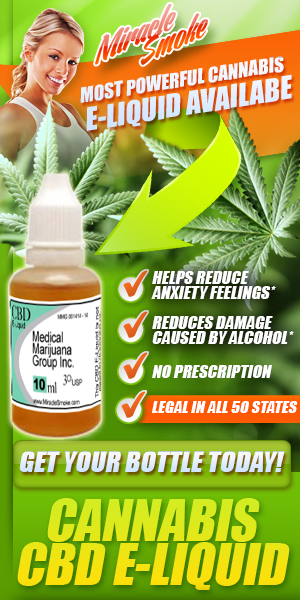
If you recently visited your local CVS store and noticed the shelves looking a little sparse, you wouldn’t be wrong. Certain vitamin brands no longer sit on the store’s shelves – and for good reason.
CVS Pharmacy recently launched an initiative requiring independent third-party testing of all dietary supplements sold in stores and online. In the news release, CVS explained that its “Tested to be Trusted” program covers more than 1,400 vitamins and supplements from 152 brands. This most recent testing would break vitamins and supplements into two broad categories.
First, the company wants to double check what’s listed on the labels of all products; the goal is to make sure that the products actually contain what their labels say they do. Second, they also want to thoroughly test to ensure that there are no contaminants in the supplements.
The testing itself is not a new endeavor. The company actually began requiring testing on products since 2017, with the goal to be finished by 2019. So far, CVS is actually ahead of schedule on the first phase of the project.
What CVS Discovered
The result? According to CVS, 7 percent of the products tested failed. The companies were then forced to either update their product labels or have their products removed completely from CVS shelves.
“Eighty percent of failures were due to label claims — examples include not having enough of any stated ingredient in the supplement panel (levels of vitamin B, just for example),” George Coleman, CVS senior vice president, told Healthline.
“We also saw label failures because allergens weren’t listed but had trace amounts, such as tree nuts. Another label failure was that a product was listed as ‘gluten-free’ but was not in fact,” he said. “As a result of the ‘Tested to be Trusted’ program, there have been 22 products removed from shelves,” he added.
The Need for Transparency
The dietary supplements industry is a $40 billion industry in the U.S. Even so, most Americans are completely unaware that the Food and Drug Administration (FDA) regulates these supplements less like a drug and more like a specialty food. What does that mean for consumers?
It affects the burden of proof. That is, drugs are generally considered unsafe until they can be proven safe, while food products are considered safe until proven otherwise. Knowing what is in the products they’re taking is completely left up to consumers, unless a company chooses to make independent moves to build consumer trust like CVS has.
Unfortunately, the nature of the dietary supplement industry has given these businesses a high risk label. That means it’s difficult to secure funding and payment processing solutions. Thankfully, alternative providers like eMerchantBroker have stepped in and offered services like vitamin supplement merchant account. Don’t let the high risk nature of the industry stop you from growing a successful brand that customers can trust.
Author Bio: Electronic payments expert Blair Thomas is the co-founder of high risk payment processing company eMerchantBroker. He’s just as passionate about his business as he is with traveling and spending time with his dog Cooper.






